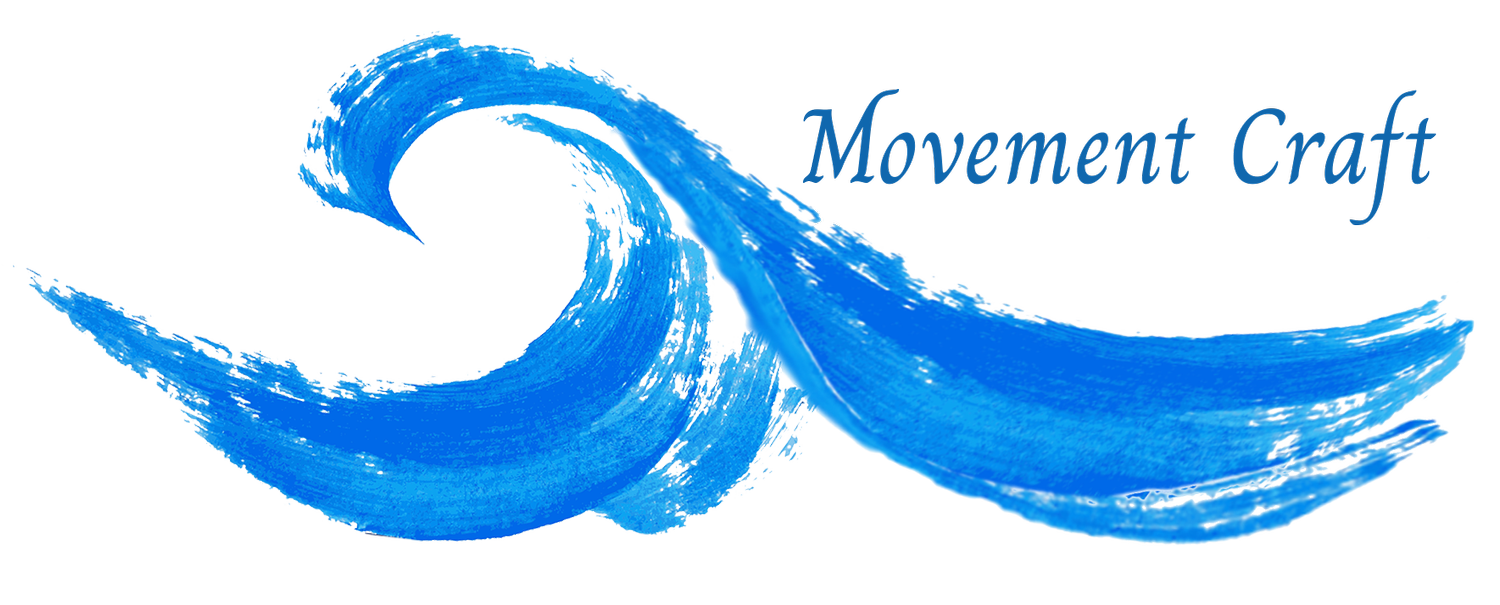Understanding Statins and Your Heart Health: What You Need to Know
If you've ever been prescribed statins or are wondering if they're the right choice for you, this episode is for you. Statins are often recommended as a way to lower cholesterol and reduce the risk of heart disease, but there's more to the story than just popping a pill. In today’s podcast, I dive deep into the truth about statins, including what they do, how they work, and whether they’re the best option for managing your cholesterol.
As someone who has spent a lot of time researching and learning about health and wellness, I understand how overwhelming it can feel to navigate the world of medications and treatments. Statins are one of those topics that can spark a lot of confusion and concern, so let’s break it down together.
First, it's important to understand why statins are prescribed in the first place. Statins are medications that lower your LDL (low-density lipoprotein) cholesterol, which is often referred to as "bad" cholesterol. High levels of LDL can lead to plaque buildup in your arteries, which increases your risk for heart disease and stroke. By lowering LDL levels, statins can help prevent these risks, making them a go-to option for doctors when it comes to heart health.
But here's where things get more complicated: while statins can be highly effective at lowering cholesterol, they don’t necessarily address the underlying causes of heart disease. That’s why it’s crucial to think about statins as part of a larger picture, one that includes lifestyle changes, a healthy diet, and regular exercise. I’ll be honest—when I first started diving into the world of statins, I had a lot of mixed feelings. I’ve seen firsthand how effective they can be, but I’ve also learned about their potential side effects, which is something I think every patient should consider.
Some of the side effects of statins can include muscle pain, digestive issues, and even memory problems. These aren’t guaranteed for everyone, but it’s important to understand the risks before making any decisions. I’ve personally talked to clients who have experienced side effects, and it made me realize that not every solution fits every person. That’s when I started exploring alternative options for managing cholesterol.
In the podcast, I touch on some natural ways to lower cholesterol without relying solely on medications. For example, incorporating more fiber-rich foods into your diet, like oats, beans, and vegetables, can help lower LDL levels. I’ve also seen incredible benefits from heart-healthy fats, such as those found in avocados, olive oil, and fatty fish. In fact, a diet that’s rich in these healthy fats can support your overall heart health and reduce inflammation, which is just as important as lowering cholesterol.
But lifestyle changes alone may not be enough for everyone, and that’s where it gets personal. I always tell my clients to listen to their bodies and have an open conversation with their healthcare provider about the best course of action. In my own life, I’ve seen how lifestyle shifts—combined with the right supplements and sometimes medications—can make a huge difference in heart health. It’s about finding the balance that works for you.
The key takeaway from this episode is that when it comes to statins, you need to make an informed decision. Know the pros and cons. Ask questions. Don’t be afraid to explore alternatives or even try adjusting your lifestyle first. And if you do decide that statins are the right choice for you, I believe it’s crucial to make sure they’re part of a comprehensive plan that also includes proper nutrition, exercise, and stress management.
At the end of the day, I want you to feel empowered in your healthcare decisions. Statins can be an incredibly valuable tool for many people, but they aren’t the only solution. In this podcast, I explore both sides of the story, share some of my personal experiences, and offer practical tips to help you navigate your own heart health journey.
If you’re looking for more information and a deeper dive into cholesterol management, I encourage you to listen to the full episode. I know it will give you the insights you need to make the best decision for your health and well-being.
